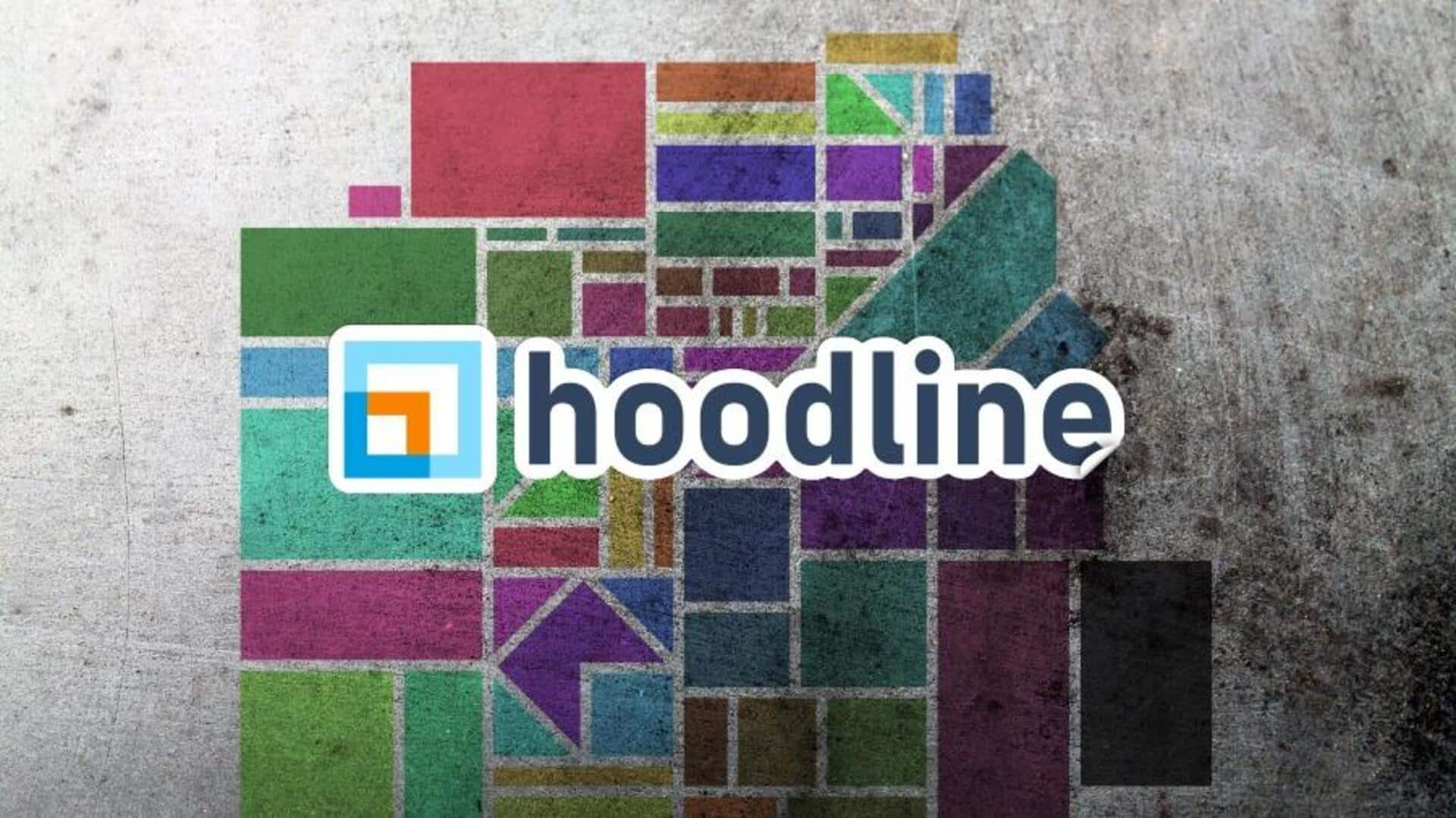
US news site uses AI writers to promote racial diversity
What's the story
US-based Hoodline, a network of local news sites, has been discovered using artificial intelligence (AI) to produce articles under the names of non-existent authors with racially diverse names. Impress3, Hoodline's publisher led by CEO Zack Chen, defends this practice as a standard and human-supervised process. However, an investigation by Nieman Lab suggests a different reality. Hoodline, once recognized for its hyperlocal human reporting, now publishes articles penned by entirely fabricated authors.
AI bylines
AI-generated content features 'pen names'
Back in April, Chen published an article revealing on Hoodline's San Francisco site that the network was using "pen names" for its AI-generated content. He clarified that these pseudonyms "are not associated with any individual live journalist or editor," but are linked to independent versions of the AI model being used and are still edited by humans.
Ethical concerns
A question of ethical complexity
Unlike other publications using fake authors, Hoodline's fabricated authors have "AI" badges next to their names. Nieman Lab points out that this disclosure adds an ethical complexity to the situation. Nieman questions why not simply publish under a generalized byline like "Hoodline Bot" if the use of AI is being openly disclosed. Chen explained that the goal was to give a persona to the content, stating, "These inherently lend themselves to having a persona."
Regional representation
Hoodline's AI bylines reflect regional demographics
In May, Chen told Bloomberg that the fake names for the writers were chosen at random. However, Nieman found fictitious author lineups on various Hoodline websites to be mirroring the demographics of the regions they cover. For example, Hoodline's San Francisco site features content under fake bylines like "Nina Singh-Hudson," "Leticia Ruiz," and "Eric Tanaka." In contrast, the Boston site includes 'Will O'Brien' and 'Sam Cavanaugh', reflecting the 13.9% of residents reported being of Irish ancestry in the 2022 census.
Name generation
AI name generation not as randomized as stated
Besides crafting its bylines to resonate with residents of specific cities, Hoodline also ensured racial diversity in its staff representation. Chen has now admitted to Nieman that the names were not as randomized as previously suggested. He explained, "We instructed [the tool generating names] to be randomized, though we did add details to the AI tool generating the personas of the purpose of the generation." Chen further claimed that any bias was unintentional and "opposite of what we intended."
Inaccuracy
Nieman investigation also raises questions about Hoodline's staffing
Chen expanded on Hoodline's operations, stating that they employ a "team of dozens of (human) journalist researchers who are involved with information gathering, fact checking, source identification, and background research, among other things." However, Nieman's investigation uncovered various irregularities and mistakes in their publications, hinting at potentially lesser human involvement than Chen implied. Additionally, Hoodline lacks a visible leadership team, raising questions about the diversity of its purported "dozens" of staff and the authenticity of its attributed authors.